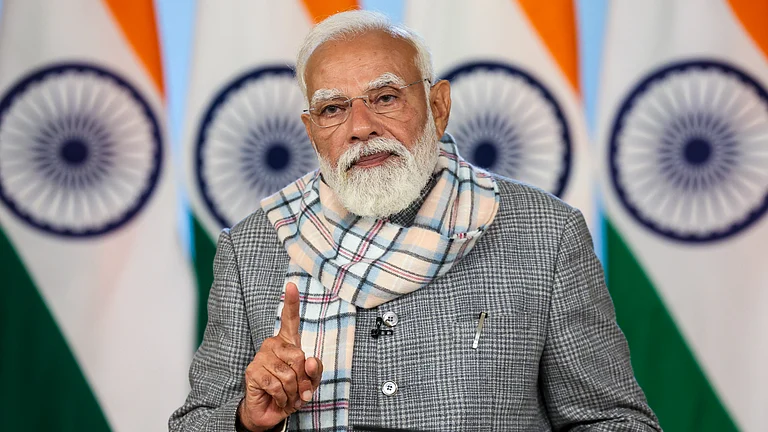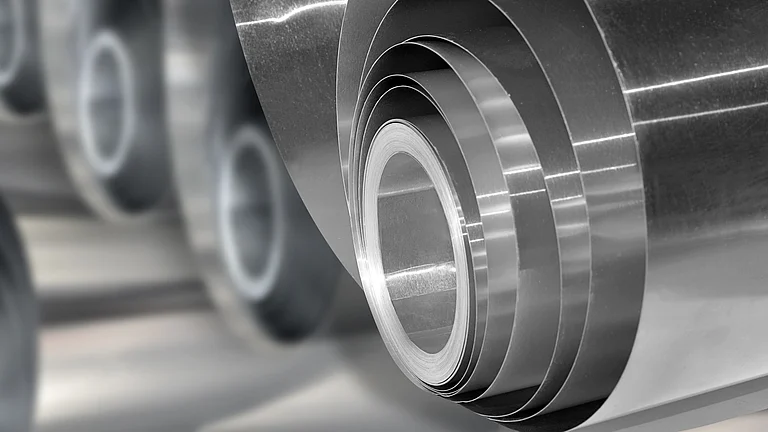At the Innovate4Climate conference in Berlin, the World Bank outlined how existing carbon market frameworks favour mitigation sectors like renewable energy and transport, leaving industries like steel, cement, and heavy transport underfunded despite their significant contribution to global emissions. These hard-to-abate sectors contribute over 40 percent of global greenhouse gas emissions but remain largely neglected in funding strategies.
In India, the third-largest greenhouse gas emitter globally, the decarbonisation of heavy industries is key to achieving its net-zero targets.
While the energy and transport sectors are already transitioning towards cleaner technologies, industrial emissions from energy-intensive sectors such as steel, cement, and aluminium pose a significant challenge. These sectors account for 21 percent of India’s total emissions, and reducing their impact without deindustrialisation will require a multi-faceted approach.
Circularity, energy efficiency, and material efficiency are critical in reducing emissions by up to 40 percent, but they alone won’t suffice. A complete transition for India’s hard-to-abate sectors will need advanced solutions like electrification, clean hydrogen, and carbon capture utilisation and storage (CCUS). The World Bank stressed the need for a balanced approach that considers these high-emitting industries while promoting overall green opportunities.
The report calls for the development of a UN-supervised carbon market framework under Article 6 of the Paris Agreement, urging swift progress at the upcoming Cop 29 climate summit in Baku this November. Key operational challenges, such as transparency, environmental integrity, and avoiding double-counting of emissions reductions, remain unresolved. However, these prolonged negotiations are vital to ensure the new mechanism doesn't suffer the same pitfalls as voluntary carbon markets.
Experts, including Swiss climate negotiator Simon Fellermeyer, reiterated that the successful implementation of Article 6 is essential for global decarbonisation efforts. At the same time, Greg Murray, founder of KoKo Networks, urged Europe to take stronger leadership on carbon markets at Cop 29. Despite enthusiasm for raising standards, significant gaps remain in ensuring the carbon market serves all sectors effectively.































